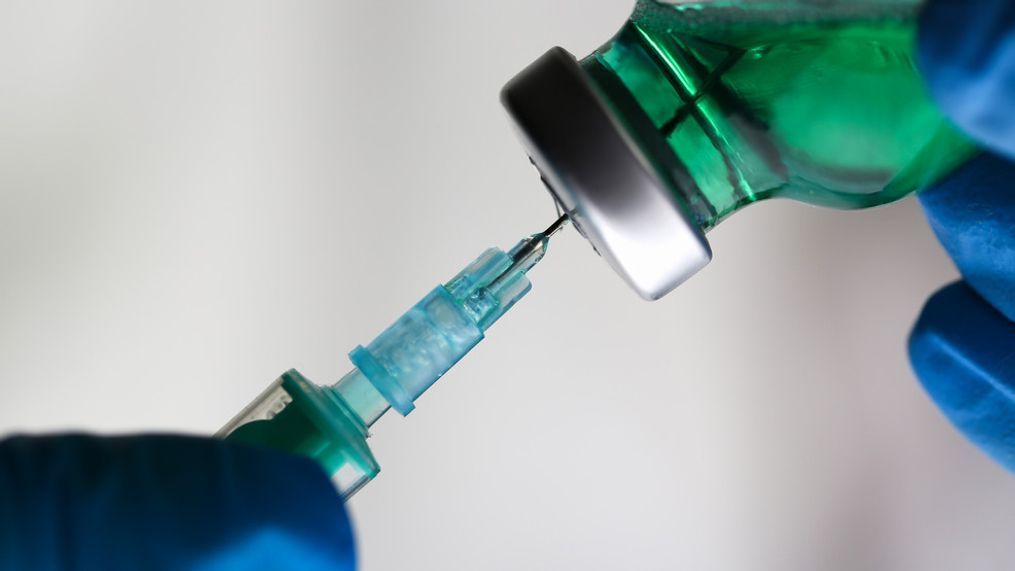Can allergy shots provide the relief you need this allergy season?

Allergic rhinitis, also known as hay fever, affected more than 24 million Americans in 2018, according to the Centers for Disease Control and Prevention. Allergic reactions can cause mild to severe symptoms, depending on the season and the source. If you’re tired of the runny nose, itchy eyes, or more severe complications like allergic asthma, you might consider allergy shots to eliminate the symptoms.
How allergy shots work
Allergy shots operate under the same principle as vaccines for other diseases. Each allergy shot has a small dose of the allergen that normally causes your immune system to react. The decreased dose is designed to train your body to stop recognizing the allergen as a threat.
This treatment method is not meant to be a cure for your allergies. It also is far from an instant solution.
Doctors administer allergy shots in two phases. The build-up phase lasts for several months, and patients will receive the shots weekly as the dose is gradually increased. The goal is to reach the maintenance phase, during which the dosage will remain consistent, and the shots will happen monthly. The maintenance phase can take up to three to five years.
Effectiveness
Both adults and children can benefit from allergy shots. Sticking with the treatment for a longer time may help increase the effectiveness of the allergy shots. Altering the allergen dosage may also lead to different results. In some cases, allergy shots will decrease symptoms and prevent new allergies. Some people need to continue receiving allergy shots throughout their lives to keep their symptoms at bay. Allergy shots are not an effective form of treatment for people with food allergies.
Risk factors and reasons not to get allergy shots
You may experience allergy symptoms after receiving a shot, and although rare, these allergic reactions can be serious. Patients briefly stay at the doctor’s office after the appointment to make sure this doesn’t happen. The area where the shot was given may swell or become red.
Allergy shots may not be the right treatment for people who have heart or lung disease. Consult your doctor if you have these conditions or are taking other medications that might interfere with the allergy shots.
This article is for informational purposes only and is not intended to diagnose or treat any condition. If you have any concerns, please speak with your doctor.
Sinclair Broadcast Group is committed to the health and well-being of our viewers, which is why we initiated Sinclair Cares. Every month we’ll bring you information about the “Cause of the Month,” including topical information, education, awareness, and prevention. May is National Asthma and Allergy Awareness Month.
